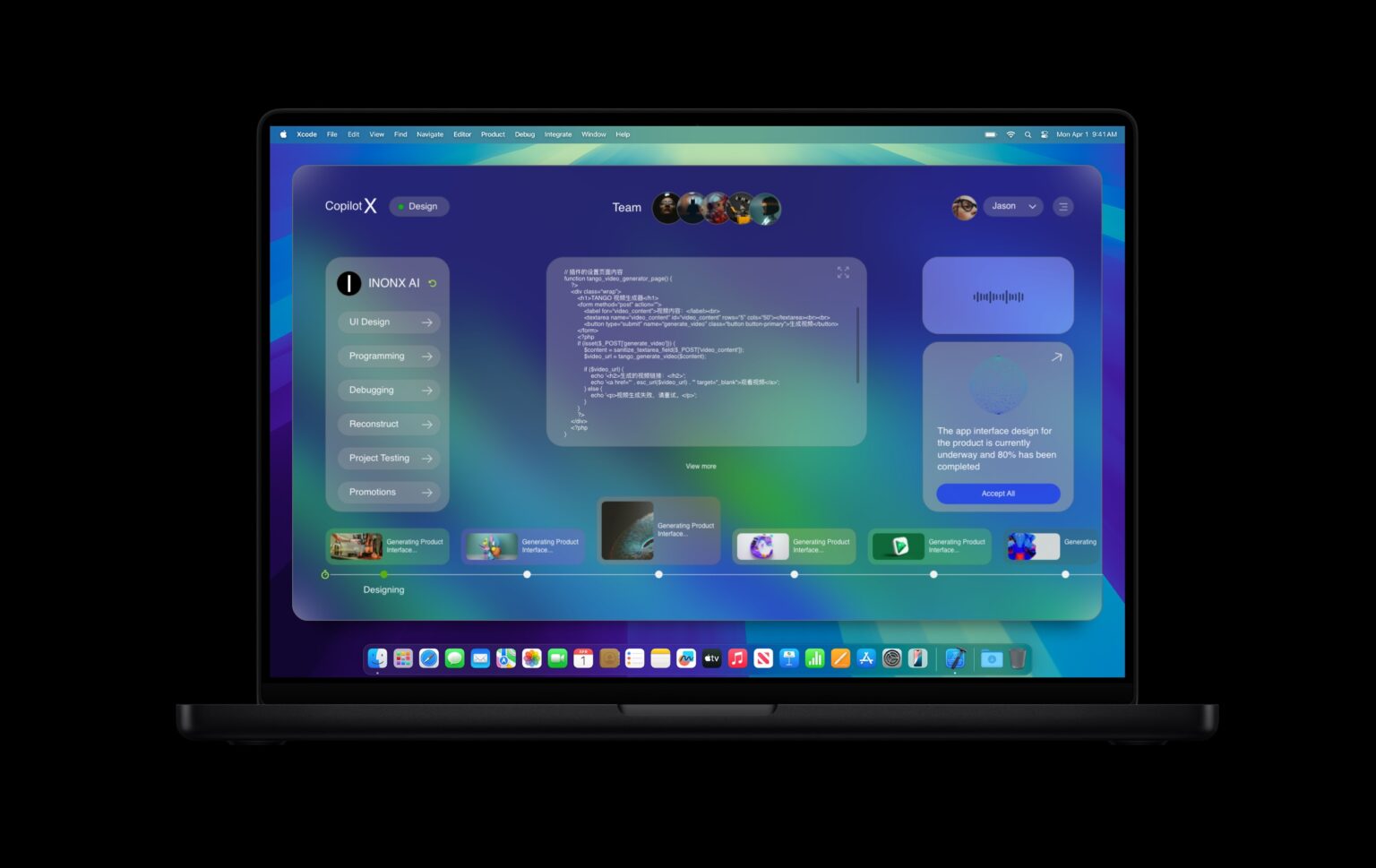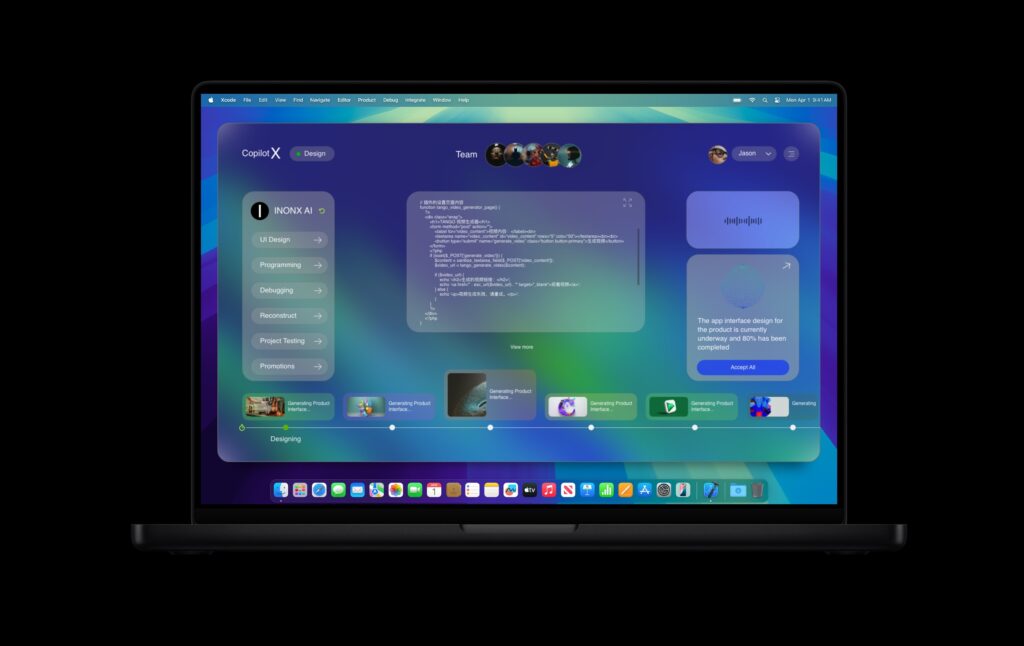In an era where data reigns supreme, businesses are increasingly turning to Artificial Intelligence (AI) for insights and innovations. One of the most significant developments is AI-based Predictive Modeling, particularly within the retail industry. This article delves into how this powerful technology is reshaping retail, enhancing decision-making, and streamlining operations.
AI-based Predictive Modeling leverages machine learning algorithms to analyze historical and real-time data, generating predictions about future outcomes. By employing this sophisticated technology, retailers can make informed decisions about inventory management, customer behavior, and marketing strategies. According to a report by McKinsey & Company, retailers that implement AI can boost their operating margins by up to 60%.
In the context of retail, predictive modeling can be applied in numerous ways. For example, a retail giant like Walmart uses AI to optimize its supply chain. The company employs predictive models to analyze purchasing patterns, helping them anticipate demand fluctuations. Such insights allow Walmart to stock products more efficiently, minimizing excess inventory while ensuring that popular items remain in stock.
Moreover, customer segmentation is another area where AI-based Predictive Modeling excels. By identifying distinct customer groups and their purchasing behavior, retailers can tailor marketing campaigns more effectively. For instance, companies like Sephora utilize predictive analytics to create personalized marketing strategies, resulting in higher conversion rates. The beauty retailer analyzes data from previous purchases and customer interactions, enabling them to suggest products that customers are likely to buy.
However, the integration of AI in retail isn’t without challenges. One of the primary concerns is data privacy, as retailers handle vast amounts of personal information to create predictive models. Ensuring customer data is used responsibly and transparently is crucial to maintaining trust. A 2023 survey by Salesforce revealed that 79% of consumers are concerned about how brands use their data, which highlights the importance of adopting ethical practices in AI.
Looking ahead, the retail sector will likely see increased collaboration between AI-powered technologies and human employees. This brings us to another crucial aspect of this discussion: AI-powered Virtual Teams. These teams are revolutionizing how retailers operate, fostering collaboration among employees across geographical borders. Virtual teams harness AI to streamline communication, manage projects, and solve problems more effectively.
A prime example of this collaboration is how clothing retailer H&M employs AI-powered Virtual Teams to enhance its product design process. By utilizing AI algorithms, H&M can analyze global fashion trends in real time, allowing its design teams worldwide to create collections that resonate with customers. This results in faster turnaround times and a more agile response to market demands.
Furthermore, AI-powered Virtual Teams optimize customer service operations in retail. Chatbots and virtual assistants powered by AI can handle routine inquiries, allowing human agents to focus on more complex customer issues. As noted in a report by Gartner, by 2025, 75% of customer service interactions will be powered by AI, showcasing the significant impact AI will have on customer experience.
Despite the numerous advantages of AI-powered Virtual Teams, it’s essential to recognize the need for training and adaptation. Retailers must invest in employee development to help staff understand and leverage these technologies effectively. Providing training and resources ensures that employees can work alongside AI systems seamlessly, maximizing productivity and enhancing customer satisfaction.
As AI technologies continue to evolve, the potential applications within the retail industry are limitless. From personalized shopping experiences to automated supply chain management, predictive modeling and virtual teams can enhance operational efficiency while engaging customers in new ways.
AI-based Predictive Modeling and AI-powered Virtual Teams are invaluable assets for retailers looking to thrive in a competitive landscape. The ability to analyze data for accurate forecasting and harness AI to facilitate virtual collaboration significantly contributes to crafting a more responsive and dynamic retail environment.
The time is ripe for retailers to embrace these innovative technologies, creating a customer-centric approach that not only drives sales but also builds long-lasting relationships with consumers. As demonstrated by industry leaders, the integration of AI is no longer a choice but a necessity in maintaining relevance in today’s fast-paced retail landscape.
In conclusion, the adoption of AI in Predictive Modeling and the establishment of AI-powered Virtual Teams are ushering in a new age for the retail industry. Companies that successfully implement these solutions will not only enhance operational performance but also elevate the customer experience, ensuring their place in the industry for years to come.
**Sources:**
1. McKinsey & Company. “The State of AI in Retail.”
2. Salesforce. “Data Privacy Concerns Among Consumers.”
3. Gartner. “Future of Customer Service: AI Adoption Trends.”
























